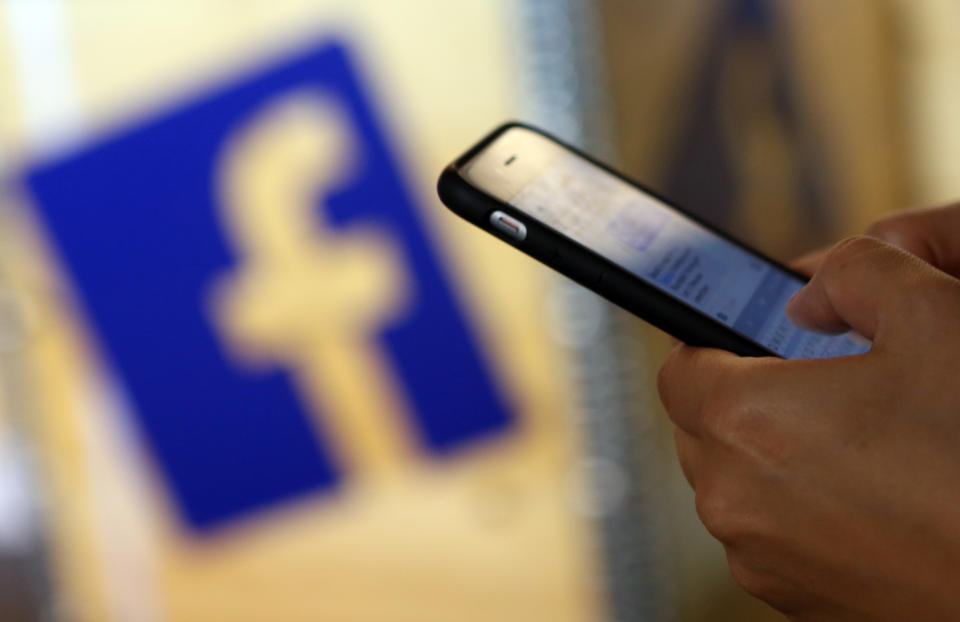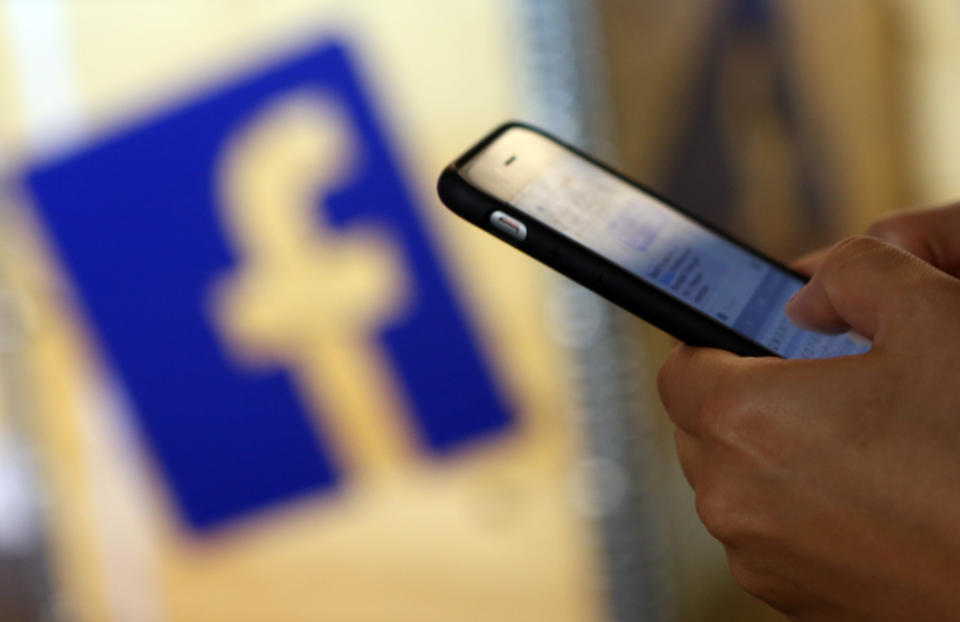You Can Soon Check If You’ve Interacted With Russian Trolls on Facebook
Facebook has created a tool that will allow users to see if they liked or followed any accounts linked to Russia’s “Internet Research Agency” that intentionally spread misinformation leading up to the 2016 U.S. presidential election.
Facebook and Instagram users will be able to check to see if they liked or followed any of the pages created by the Russian troll farm. The tool, operating through the Facebook Help Center, will be available by the end of the year, the company said in a blog post Wednesday.
“It is important that people understand how foreign actors tried to sow division and mistrust using before and after the 2016 US election,” Facebook said in a post. “That's why as we have discovered information, we have continually come forward to share it publicly and have provided it to congressional investigators. And it's also why we're building the tool we are announcing today.”
The new function will show a list of which pages a user liked, and the date they did so.
In testimony to Congress earlier this year, Facebook said posts from these pages reached 126 million Facebook users. However, as the Wall Street Journal points out, the new tool will not give insight on the millions of other users who came across the pages in the news feeds, interacted with them or saw them as a result of paid reach on the platform.
“This is part of our ongoing effort to protect our platforms and the people who use them from bad actors who try to undermine our democracy,” Facebook said in its post.
Facebook, and Twitter have been grappling with how to control the issue of propaganda spread by Russian actors on its websites. In addition to posts that reached 126 million Facebook, the “Internet Research Agency” had also posted more than 131,000 messages on Twitter and 1,100 videos on YouTube, according to the companies.
All three companies have placed an emphasis on transparency and prevention moving forward, with Google adding icons to election ads showing who bought them and Twitter banning advertisements from accounts run by Russian-owned media outlets.
See original article on Fortune.com
More from Fortune.com


